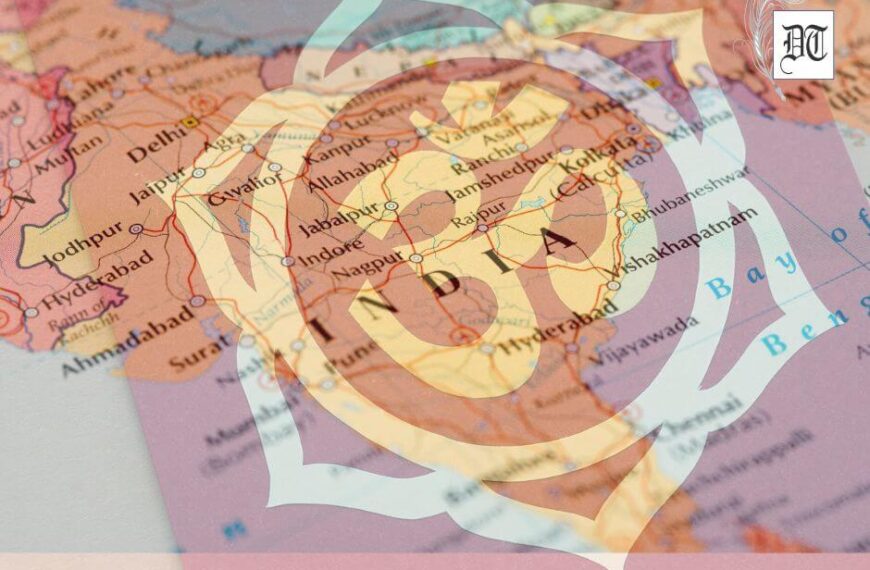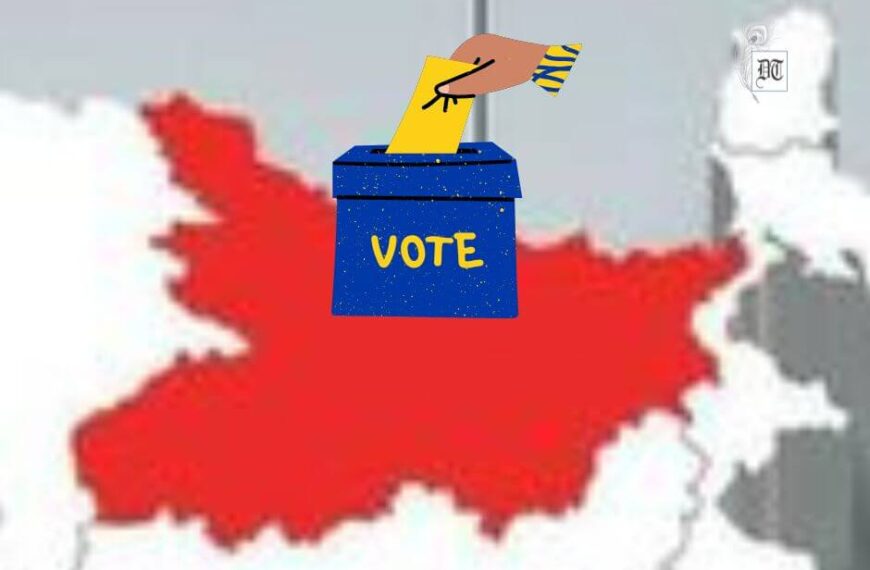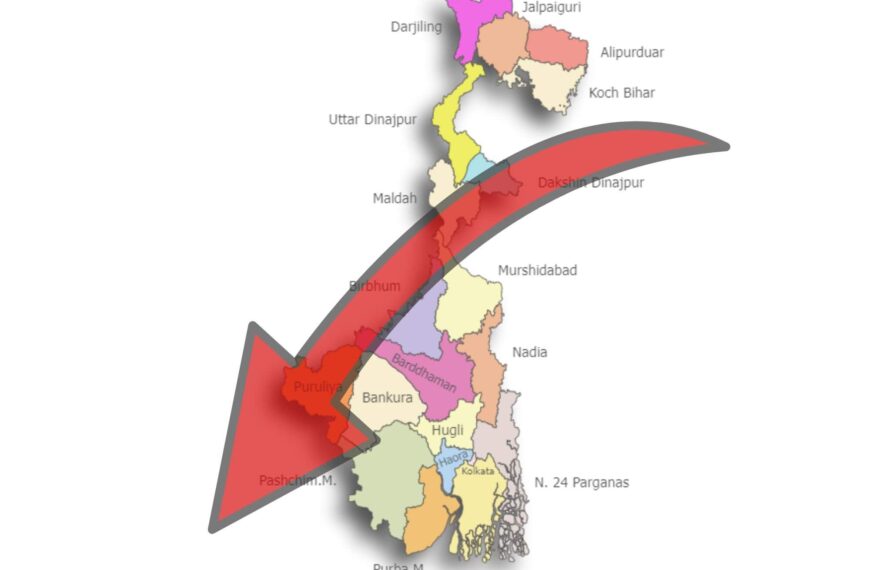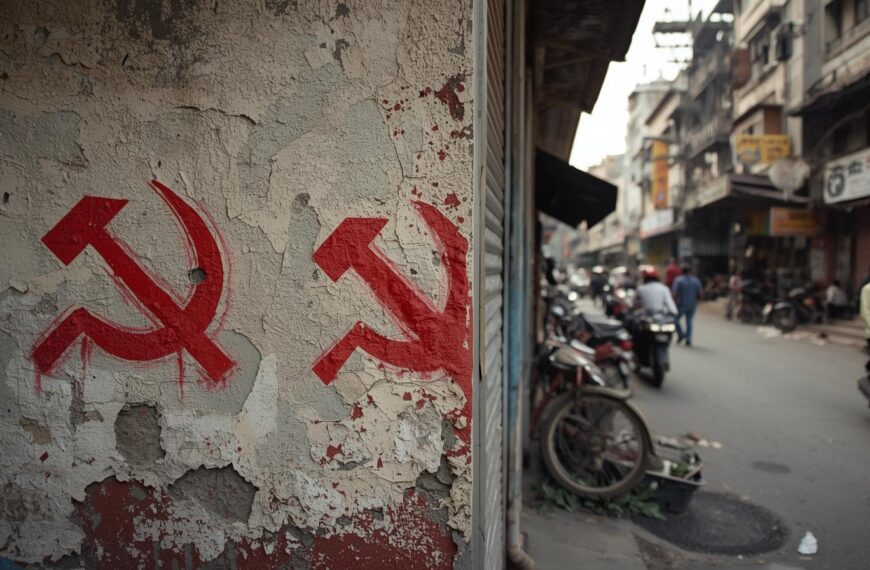Assembly elections have been declared in five states. Demonetisation might play a crucial role in Uttar Pradesh. The Samajwadi Party (SP) is caught up in family feud and inner party factions. Will BSP gain, if the Muslim vote shifted in its favour from the SP? Will BJP retain its lead, as a big chunk of Yadav and non-Yadav OBC votes and a big segment of Dalit votes had shifted to the BJP, which is credited to the Modi wave of 2014 Lok Sabha polls. How the political picture will frame out is anybody’s guess. It is true that U.P. continues to be deprived of basic resources that make life worth living. Whether these elections are once again about false promises, incomplete agendas, pre-election vows to the people is yet to be seen. Here’s a report by Navodita, exclusively for Different Truths.
As the Election Commission announced the dates for the upcoming Assembly polls across five states, speculations are on as to whether it will be an electoral mandate in favour of or against the announcement of November 8, 2016. In the wake of demonetisation, especially in Uttar Pradesh, will there really be an anti-incumbency factor at play or will the verdict tilt in favour of the warring political party, will the caste factor continue to dominate or will development be considered by the voters – these are some pertinent questions waiting to be answered.
While the voting pattern of 2014 Lok Sabha elections suggest that a chunk of Yadav and non-Yadav OBC votes and a big segment of Dalit votes have shifted to the BJP, which is credited to the Modi wave, the 2017 state election definitely will not see a complete reversal of this trend. As of now, the BJP seems ahead in the race, even though it is yet to make its strategy public. The demonetisation move seems to have definitely taken the rival parties by a big surprise. It possibly had an impact in the by-elections held thereafter in four parliament and 10 Assembly seats in six states – Assam, Arunachal Pradesh, West Bengal, Tripura, Madhya Pradesh and Tamil Nadu where the BJP scored impressively in Assam, Arunachal Pradesh and Madhya Pradesh which brought some relief to the party amidst concerns over how the ban on 500 and 1000-rupee notes is being judged. Will this victory repeat itself in these polls is yet to be seen.
Demonetisation and its Impact
While the queues at ATMs and in banks have not ended, can citizens arrive at a rational and informed decision based on a policy measure announced three months ago? Statistics are being dished out by official agencies and pro-establishment experts to show that things are moving in the right direction, however, these sound hollow at the ground level. The scene in rural areas is as bad as it can get- farmers finding it tough to buy fertilizers and pesticides, many of them have had to sell their paddy at almost half the price; and there are a few takers of the perishables such as fruits and vegetables in mandis. It’s a grim scenario in Uttar Pradesh. In cities, tens of thousands of artisans, labourers and weavers are losing their jobs by the day in cities like Agra, Varanasi, Kanpur, Moradabad, Allahabad, Ferozabad and Aligarh.
With the note-ban, electioneering has almost come to a standstill in the cashless area. Let’s not get distracted by the otherwise ostentatious rallies of the Prime Minister at Agra, Ghazipur or Moradabad, Kanpur or Kushinagar. It’s a completely different picture at the grassroots level. No banners, no buntings, no posters and no movement of SUVs carrying party activists. There seems to be a slowdown – maybe they are all busy standing in serpentine lines at ATMs or busy finding fertilizers for their farms. Caught in the doldrums, there is no wind left for the election campaign sails to move forward.
Political Factionalism and Power Struggle
While the BJP is busy poaching leaders from other parties- Rita Bahuguna Joshi and Dhirendra Singh from the Congress, Swamy Prasad Maurya from the Bahujan Samaj Party (BSP), Dalbeer Singh from Rashtriya Lok Dal (RLD) and Dashrath Sonker, Raja Aridaman Singh and Pakshalika Singh from Samajwadi Party, among others, party state president Keshav Prasad Maurya is on a high exuding confidence and saying that the BJP will form the next government in Uttar Pradesh promising to win over 300 seats in the forthcoming elections.
But it seems like the BJP has to go a long way if it wants to secure a majority on its own. A lot has changed since 2014 in Amit Shah’s party – people think that Modi, his government and party don’t move along in sync. While the government has faltered hugely on the implementation front, the party continues to be viewed with suspicion even by the young, apolitical supporters of the Prime Minister. Some BJP leaders’ acts of corruption have come under scrutiny where the Union government has failed to tackle the crisis.
On the other hand, anti-BJP forces continue to be a divided lot. While the Samajwadi Party (SP) walks away with a high-TRP show of intra-party conflict and factionalism, there is little that such agenda-setting of news in television has produced. SP stands to lose out in the long run. The symbol face-off between father and son did not matter much. The pro-development, youth-friendly modern face of the Chief Minister combined with the social engineering skills of his father could have helped the party beat anti-incumbency but that is not the case anymore.
Akhilesh doesn’t seem like he cares much about the win or defeat – he won’t mind a defeat if his performance is respectable. It’s obvious from his moves that he is thinking long-term, planning to grow as a leader on his own strength, away from rival power centres in the family and the baggage of the network of patronage and loyalties that families bring. Shivpal Yadav certainly is not a Chief Minister prospect. Akhilesh Yadav will need to build a good coalition all by himself, something his father had managed to build in the post-Mandal era which supported him reliably.
The BSP stands to gain in case of a possible shift of Muslim votes from the Samajwadi Party to it. It may be said that the people of Uttar Pradesh are held hostage by political parties that specialise in the creation and reproduction of caste and religious divisions. While in 2014 caste seemed to have taken a back seat in the wake of developmental agendas in the fore, it seems to have resurfaced.
How the political picture will frame out is anybody’s guess. It is true that U.P. continues to be deprived of basic resources that make life worth living. Whether these elections are once again about false promises, incomplete agendas, pre-election vows to the people is yet to be seen. How the people respond – whether it will be a fractured mandate or a post-poll coalition, the state’s struggle with the law and order and basic living amenities in most parts continues. We are yet to see a party that can deliver on all that it promises.
©Navodita Pande
Photos from the internet.








 By
By

 By
By
 By
By